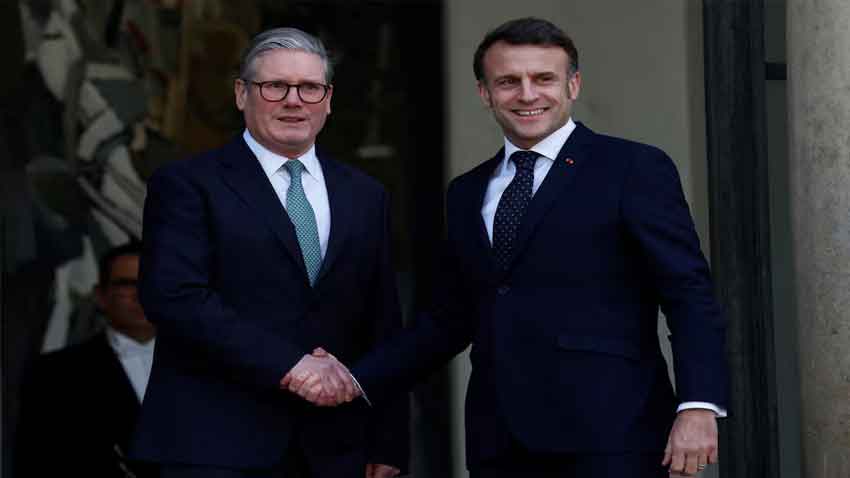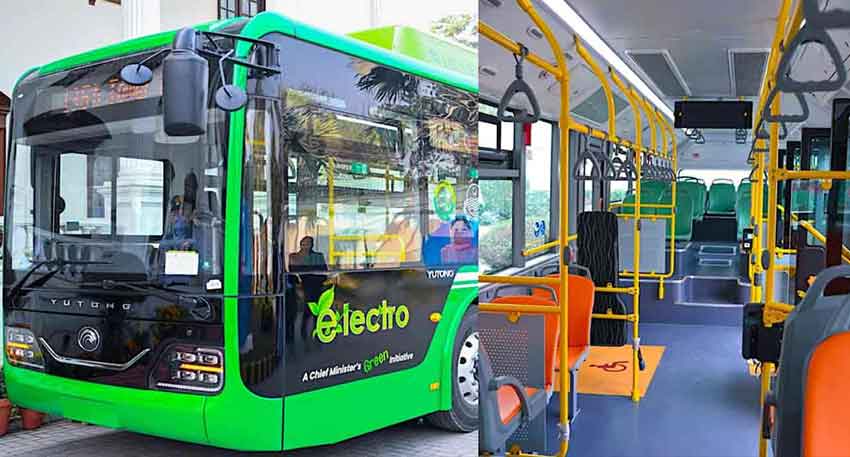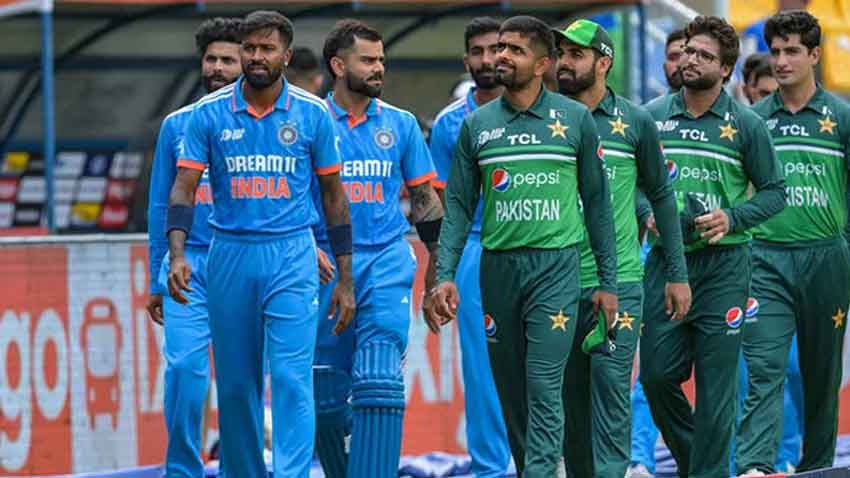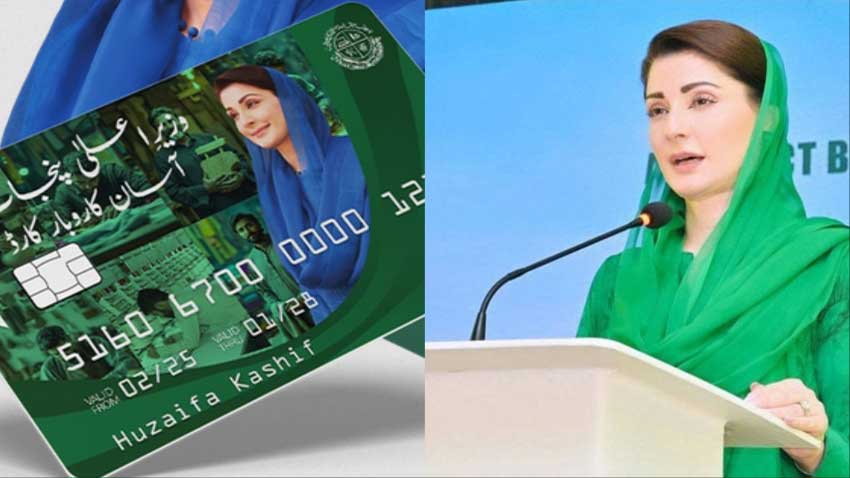
The emergency European summit in Paris came together after President Donald Trump s U.S. administration, Kyiv s main military backer, announced it would sit down with Russia to seek an end to the war. Russia has ruled out conceding territory, while Ukrainian President Volodymyr Zelenskiy has dismissed the U.S.-Russia talks taking place without him.
British Prime Minister Keir Starmer s comments on Sunday reflect a realisation among European nations that they will have to do more to ensure Ukraine s security. Washington has made clear that Europe must stop relying on the U.S. for its defence.
A peacekeeping force would not only raise the risk of a direct confrontation with Russia, which launched its full-scale invasion of Ukraine in 2022, but also stretch European armies, whose arsenals have been depleted by supplying Ukraine and decades of relative peace.
There are also difficult questions about how some European nations, whose public finances are groaning, will pay for such expanded military commitments.
European leaders including Starmer, German Chancellor Olaf Scholz, European Commission President Ursula von der Leyen and NATO Secretary General Mark Rutte were welcomed to the Élysée Palace by President Emmanuel Macron, who had already spoken with Trump.
Germany said it "will not shy away" from contributing ground troops, but that no concrete agreements were expected in Paris.
Prime Minister Ulf Kristersson said there was "absolutely a possibility" of sending Swedish peacekeepers, if and when there was a clear mandate. The Dutch government over the weekend also signalled it could contribute, given a clear mandate and a pledge of U.S. support in any escalation.
However, Ukraine s neighbour Poland, which has NATO s third largest army, said it would not provide troops, while Spain said it was too early for such an offer.
US AND RUSSIA TO MEET IN SAUDI ARABIA
Trump stunned Ukraine and European allies last week when he announced he had called Russian President Vladimir Putin, long ostracised by the West, to discuss ending the war without consulting them.
Senior U.S. and Russian officials will meet in Saudi Arabia on Tuesday. The highest-level in-person discussions between the nations in years are meant to precede a meeting between Trump and Putin.
Saudi Crown Prince Mohammed bin Salman on Monday met with U.S. Secretary of State Marco Rubio in Riyadh as well as national security adviser Mike Waltz and Middle East envoy Steve Witkoff, also part of the U.S. negotiating team.
On the Russian side, Foreign Minister Sergei Lavrov and Kremlin foreign policy advisor Yuri Ushakov were due to take part, the Kremlin said.
But there were signs of differences of approach.
U.S. State Department spokesperson Tammy Bruce said the conversation would determine if the Russians were serious about peace talks, "about perhaps if that first step is even possible". For its part, the Kremlin said the talks would focus on "restoring the entire complex of Russian-American relations".
As fighting rages on, with Russia making slow but steady advances, Lavrov ruled out ceding any of the 20% of Ukraine it now controls.
Ukrainian President Volodymyr Zelenskiy, visiting the United Arab Emirates, dismissed the Saudi talks.
"Ukraine regards any negotiations on Ukraine without Ukraine as ones that have no result, and we cannot recognise ... any agreements about us, without us," he told reporters.
Trump s Ukraine envoy, Keith Kellogg, said on Saturday Europe would not have a seat at the negotiating table. But he told reporters at NATO headquarters in Brussels on Monday that it would be for Zelenskiy and the people of Ukraine to decide whether to accept any deal.
Washington has already sent a questionnaire to European capitals to ask what they can contribute to security guarantees for Kyiv, and who is ready to deploy troops.
Asked if Washington would provide a backstop for European support, Kellogg said: "You take no options off the table."
EUROPEAN LEADERS SEEK TO INFLUENCE US-RUSSIA DEAL
The 27-nation EU has held a host of summits on Ukraine, but has been unable to bring the war s end closer as Russia has resisted an unprecedented barrage of economic and diplomatic sanctions.
The French presidency said the Paris talks would consider "the security guarantees that can be given by the Europeans and the Americans, together or separately", with peacekeepers just one element.
Britain is not an EU member but has been a leading supporter of Ukraine. Diplomats say it and France, Europe s leading military powers, have been discussing options for supporting a ceasefire since November.
Starmer, expected to meet Trump in Washington next week, said on Sunday that Europe was facing a "once-in-a-generation moment" for its security, and must work closely with Washington.
He said Britain was ready to play a leading role in delivering security guarantees for Ukraine, including being ready to put "our own troops on the ground if necessary".
"The end of this war, when it comes, cannot merely become a temporary pause before Putin attacks again," he wrote in the Daily Telegraph newspaper.




